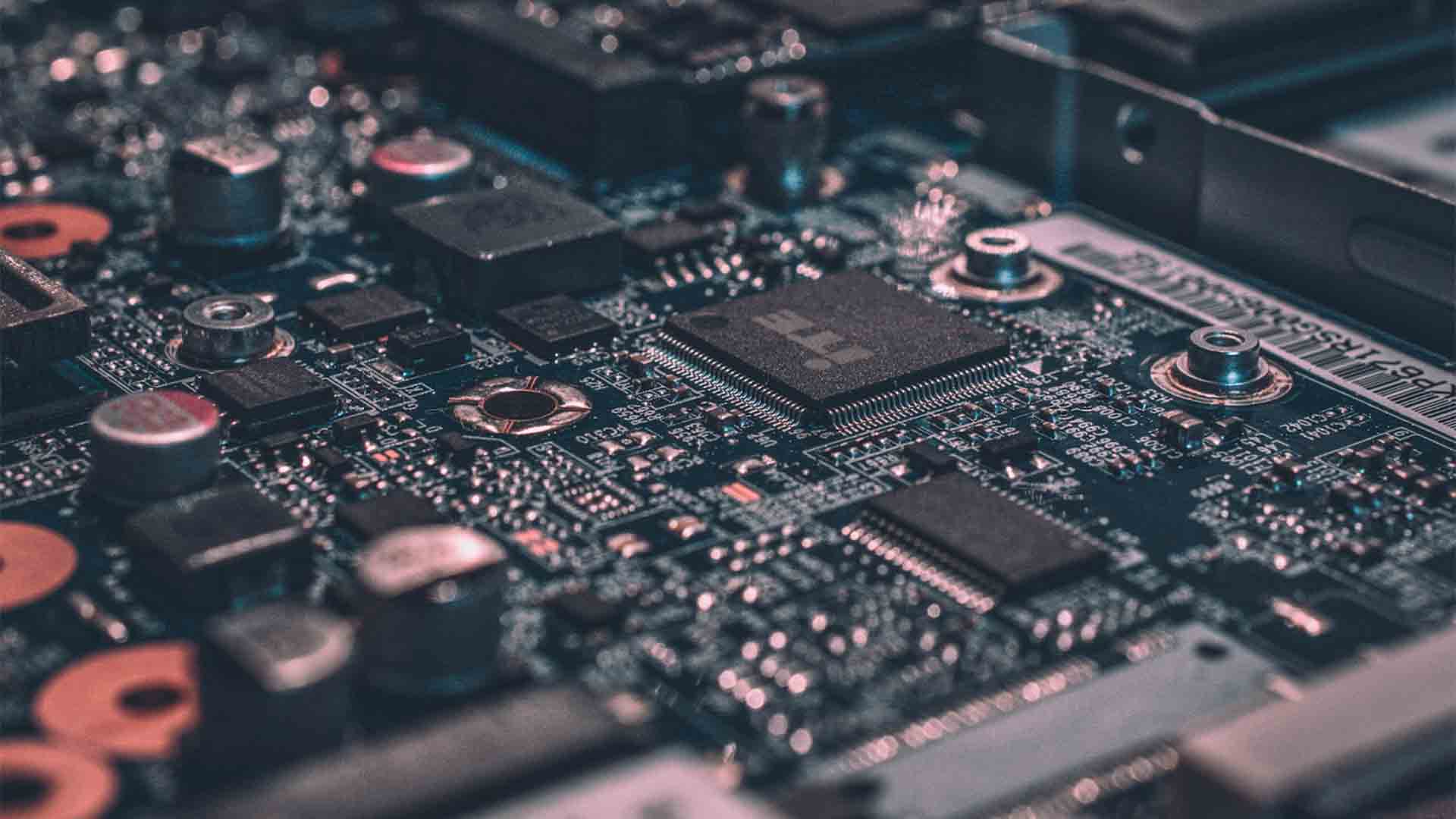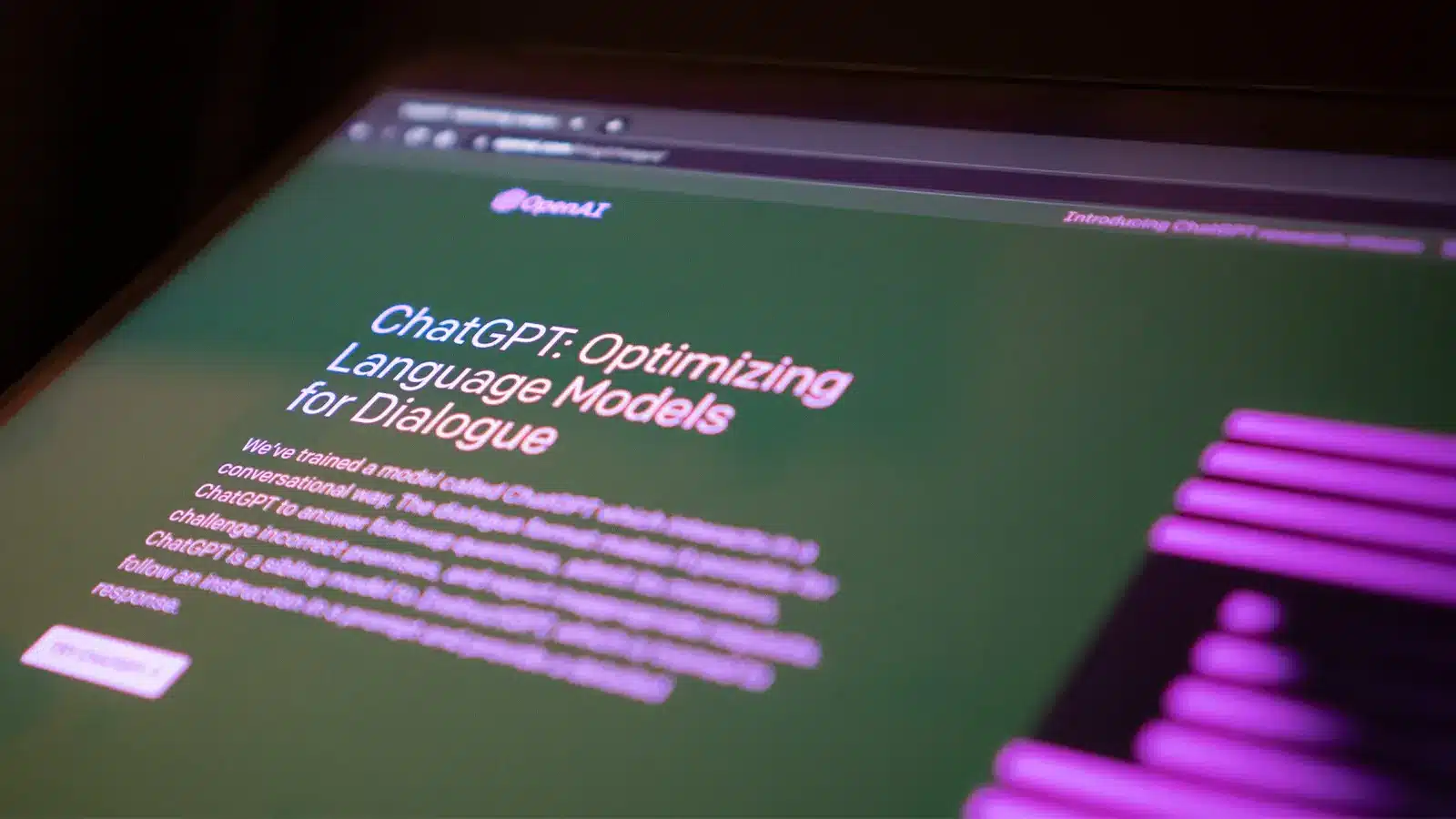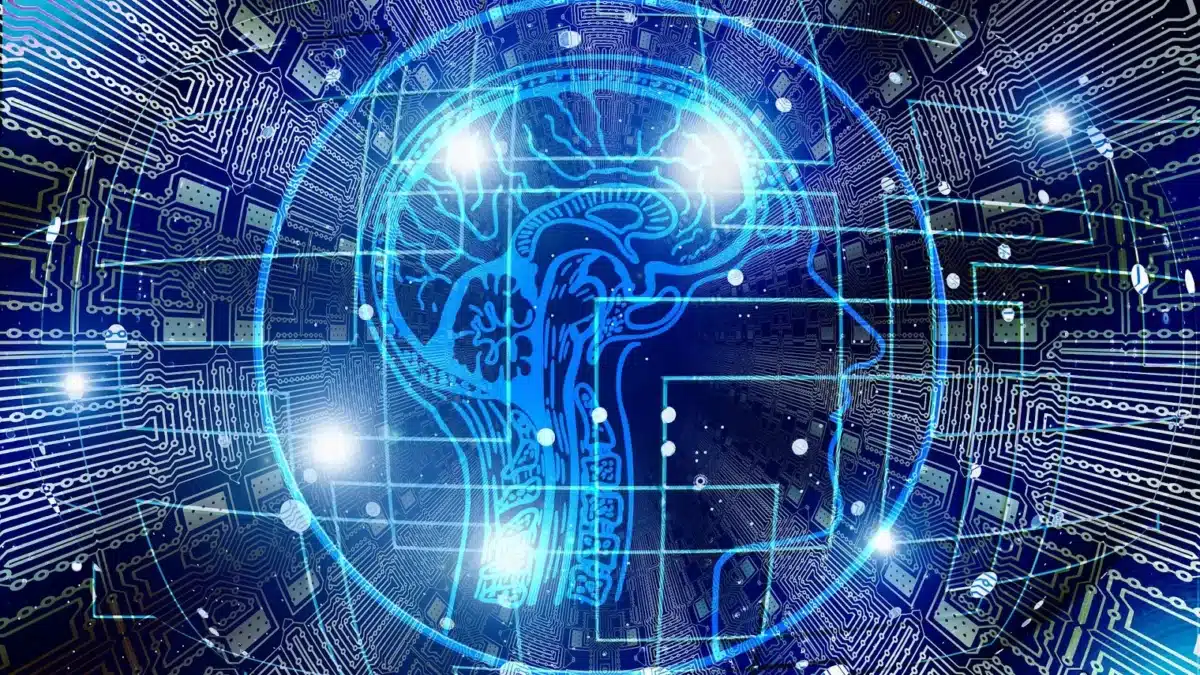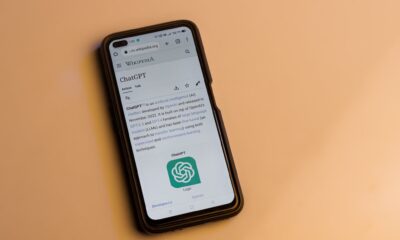Sponsored
What is the impact of AI on IP ownership?
The laws of copyright and IP ownership when it comes to AI-generated content are complex and still evolving.

Just a heads up, if you buy something through our links, we may get a small share of the sale. It’s one of the ways we keep the lights on here. Click here for more.
Artificial intelligence (AI) is becoming more commonplace in many industries, including professions once seen as immune to the effects of automation — namely creative jobs.
However, the use of AI in creative fields opens up new questions about the role that artificial intelligence plays in copyright and intellectual property (IP) law.
Why IP is important in the artificial intelligence discussion
The ongoing development and evolution of AI technology have allowed these programs to become much more efficient and varied in their capabilities.
For example, AI language models like ChatGPT can now synthesize creative content, from blog posts to prose and even song lyrics. Some writers have expressed concern that this technology has the potential to replace them.
In contrast, others have expressed excitement about its potential as a tool to help them complete their jobs more efficiently.
Still, creators must consider the implications of using AI in their work. Considering that AI technology remains in its relative infancy, the legal regulations surrounding it are still uncertain.

Under current US copyright law, content generated from large AI learning models like ChatGPT is not protected,” says Rob Scott, attorney at Monjur, a software-enabled legal service.“The human-generated portions of a work containing AI-generated content may be copyrightable when there is a showing of selection, arrangement, or substantial modification. But the use of large language models to generate content will likely prevent the user of the AI from obtaining any meaningful copyright interest in the AI-generated portions of a work.”
Furthermore, there are important IP considerations beyond the outputs of the AI itself.
The advent of AI has created new intellectual property categories that do not stop with the outputs of these AI programs but also the inputs, learnings, and even the programs themselves.
“Ownership and use of these IP artifacts must be carefully considered in the context of licensing,” Scott asserts.
It is understandable why creators are so at odds over the ownership of IP when it comes to artificial intelligence. Of course, the main reason why people want to own IP is that it offers them earning potential or a competitive advantage.
If a creator can exclusively use the material they generate using artificial intelligence, the earning potential could be tremendous.
However, if IP generated using artificial intelligence is not protected by copyright, this could significantly impact adoption and lead to a loss of efficiency.
“Since AI is much faster at generating content, creators want to use these programs to generate a large amount of content in a short period,” explains Scott. “If creators have to create everything themselves, their earning potential could be significantly limited.”
The copyright risks of using AI as a creator

It is also important to note the risks associated with AI for the synthesis of creative materials. At this point, all artificial intelligence programs still depend on the input of data, generally from databases created and maintained by human sources.
In other words, the algorithm must refer to something already created in order to create something new. Thus, there is an enormous risk for the AI program to plagiarize or otherwise infringe upon the copyright of another creator.
With these considerations in mind, it is important for creators to form an acceptable use policy for artificial intelligence.
“Rather than using AI to create content by itself, creators should use AI to review and improve human-generated content,” Scott affirms.
“To protect the IP rights in any work, humans should author the work and use AI tools merely for editing or providing a critique of the human-generated content.”
Scott’s recommendation is based on the fact that — under current US copyright laws — the prompting of AI tools is considered tantamount to the commissioning of a piece by a professional artist.
The way the law has been interpreted by the US Copyright Office, the law favors human contribution in the form of drafting over the human contribution in prompt engineering,” explains Scott. “The person who commissions an art piece provides creative direction, inspiration, and guidance, but has no rights under copyright law. If it is necessary to work with AI-generated content, then it is critical to demonstrate what portion of the work containing AI-generated content was drafted by humans, and which portions are AI-generated. The copyright office is looking for evidence of human contribution beyond prompting, extending into selecting certain materials from a broader output, arranging AI-generated content in a creative way, or substantial modification of the AI-generated content.”
The laws of copyright and other IP when it comes to AI-generated content are complex and still evolving, along with the technology in its early stages.
Yet, creators must be able to navigate this complex landscape, or else they risk losing their invaluable intellectual property protections. That is not to say creators should avoid using AI entirely — but they must take care to use it responsibly.
Have any thoughts on this? Drop us a line below in the comments, or carry the discussion to our Twitter or Facebook.
Editors’ Recommendations:
- How you can leverage AI to aid your marketing efforts
- Using generative AI for business growth
- Generative AI threat to education: Law school expert explains
- Can ChatGPT do your job? OpenAI says yes, at least 19% of you
Disclosure: This is a sponsored post. However, our opinions, reviews, and other editorial content are not influenced by the sponsorship and remain objective.
































